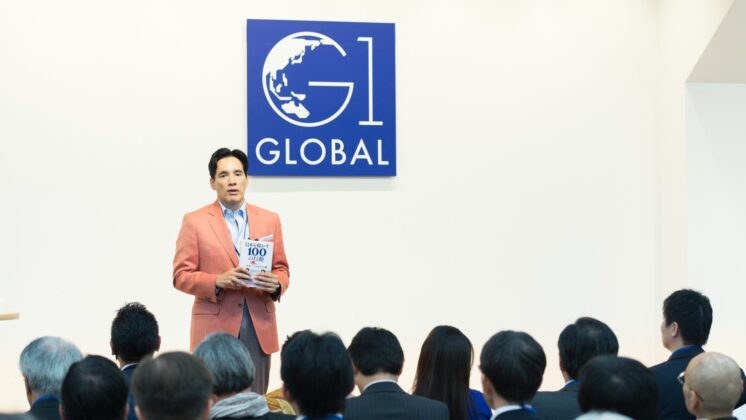In 2009 Japan lost out to South Korea in the bid for a project to build a nuclear power station in the United Arab Emirates. Lee Myung-bak, the president of South Korean at the time, personally negotiated with Sheikh Mohammed of the UAE by telephone on six occasions and directed the bidding process from the top. China has also begin competing with Japan for bullet trains construction projects in places like Brazil and California. It is essential to take lessons from the strong political will and policy execution systems seen overseas as these involve the government and private sector working together and have led to the countries concerned winning the international competition for orders.
1. Sales by the government
Since we stressed the need for the government to play a part in selling infrastructure projects for 100 Actions in October 2011, acknowledgement of this need has soared. To enable the government to work with ministries and agencies involved in the export of infrastructure, the “Ministerial Meeting on Strategy Relating to Infrastructure Export and Economic Cooperation” has been established at the prime minister’s official residence and the government is targeting the receipt of approximately 30 trillion yen in infrastructure orders in 2020.
The results of this shift are already becoming apparent. In 2013 the value of infrastructure orders won by Japanese companies overseas jumped threefold compared with the previous year to reach approximately 9.26 trillion yen (285 projects). The prime minister was directly involved in the selling of 25 projects, while other ministers handled 42.
Because infrastructure remains in use for a long period of time after it is constructed, a cycle can be established whereby demand from emerging countries is tapped to drive the growth of the Japanese economy. Such projects also foster warm feelings toward Japan and can therefore contribute to Japan’s long-term diplomatic strategy.
2. Promote infrastructure projects in advanced countries in fields in which Japan is strong
In October 2011 a consortium comprising Mitsubishi Corporation, the Innovation Network Corporation of Japan, JCG (Nikki), and others won the order for a water supply and sewerage project in the suburbs of the city of Perth in Australia. The three companies combined knowhow obtained from an Australian water supply company they had acquired with Japanese technology and reliability to beat a major Western water supplier to the deal.
Even in mature advanced countries there is a lot of demand for Japan’s high-tech infrastructure systems, and success in winning projects in advanced country markets also makes brands stronger in emerging country markets. We hope that Japan will specialize in fields in which it is strong (three key fields of nuclear power, railways (superconducting maglev trains, bullet trains, and urban transit systems), and water supply as well as renewable energy, healthcare, etc.) and achieve success after success by leveraging its combined capabilities to strengthen its international competitiveness.
3. Expand the yen-loan scheme to support economic cooperation and build trust with developing countries
Yen-denominated loans should be made to developing countries to enable them to pursue infrastructure projects. Such loans not only contribute to improving living standards and cultural life in developing countries, they can also help foster a great deal of trust. We previously recommended the expansion of the yen-loan scheme in 100 Actions, and in 2013 the scheme was changed. As a result, the operations of JICA (Japan International Cooperation Agency) has been expanding. It will be important to further expand projects for developing countries.
4. Support risk taking by companies by strengthening the public financing functions of JBIC and the risk coverage capabilities of NEXI
To support risk taking by Japanese companies through participation in overseas infrastructure projects, it will be essential to bolster the ability of JBIC (Japan Bank for International Cooperation) to supply risk money and the ability of NEXI (Nippon Export and Investment Insurance) to cover risks. Since we issued our 100 Action recommendations, the scheme has been changed to expand the fields that JBIC can invest in, finance and expand the scope of the operational risks that NEXI can insure.
The overseas regions in which Japanese infrastructure exporters operate have become increasingly exposed to the risk of war and terrorism recently. It will therefore also be important to strengthen the functions of NEXI so as to establish an operating environment in which Japanese infrastructure exporters can pursue projects in a more stable fashion.



